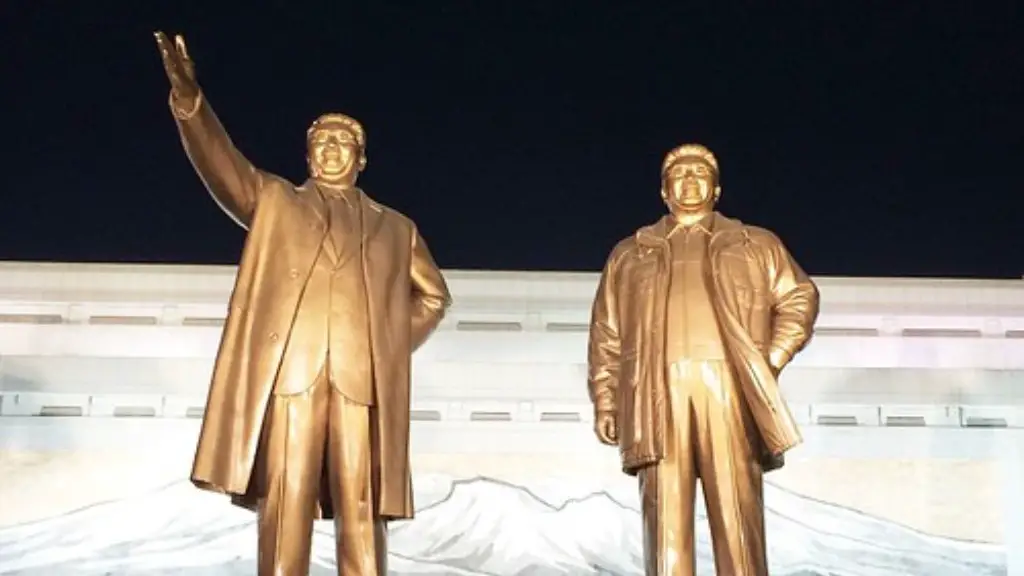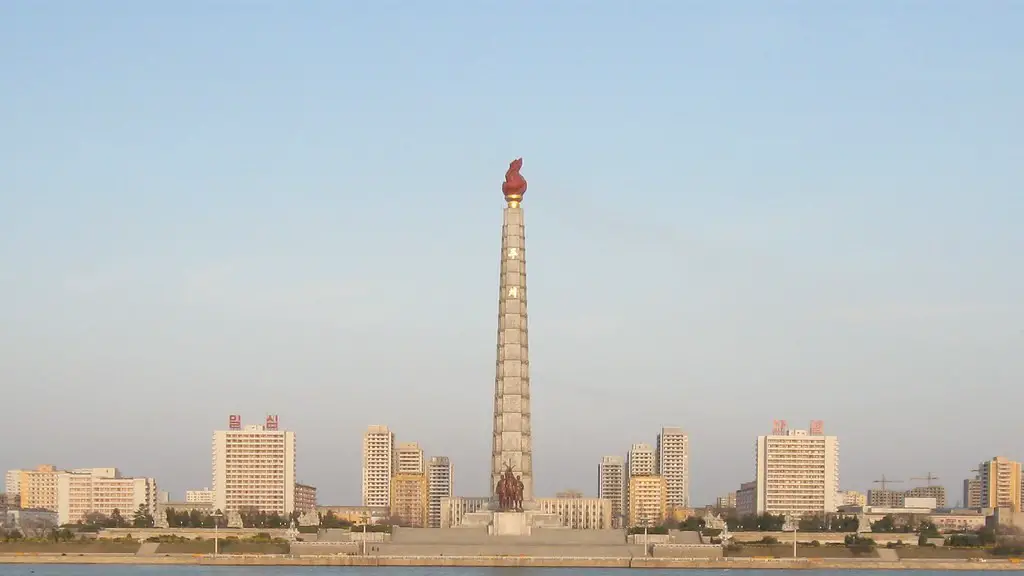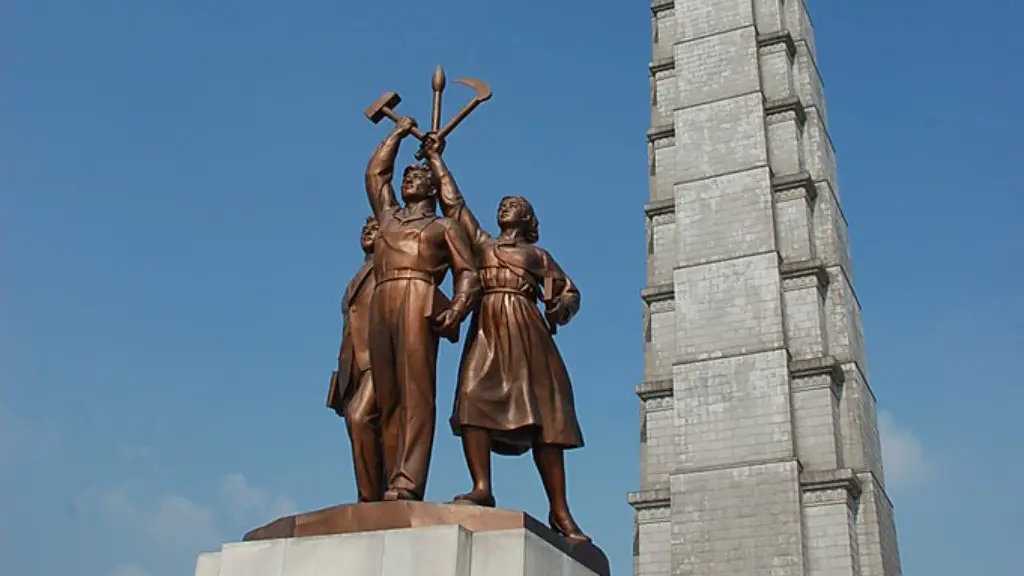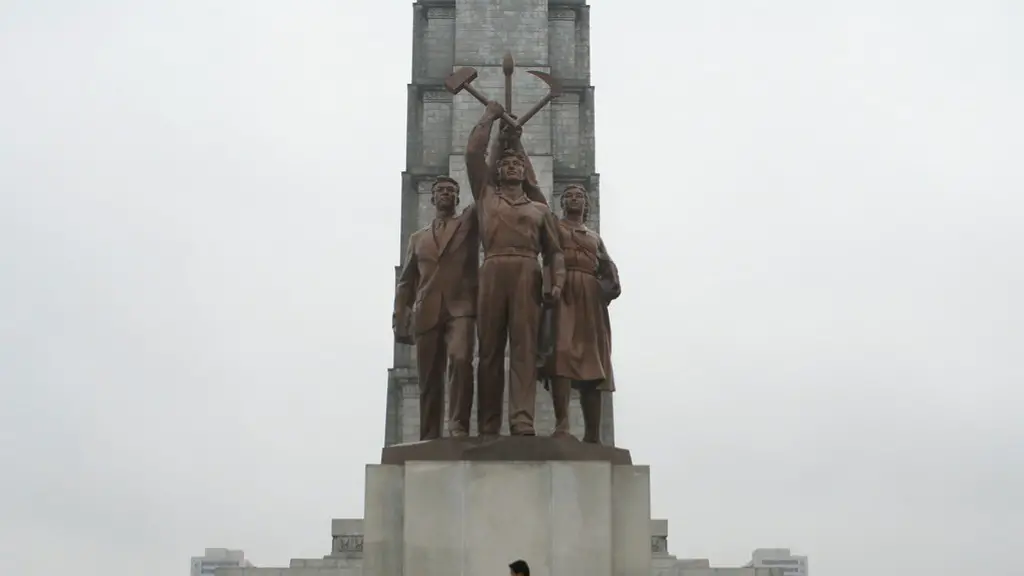Do Koreans know true hatred? From the end of World War II to the present day, North and South Koreans have been divided by a harsh and very visible sarcasm that cannot be achieved with any other nation on the continent. All between these two countries is due to a devastating war, one in which they both suffered terrible losses. That war caused the Koreans to be divided by politics and obliged to oppose each other, to the point where even now, after more than 70 years, the animosity between them is still palpable.
Though there are always two sides to a story, it may be considered that South Korea has a much worse relationship with North Korea than the other way around. The following are a few of the various reasons why.
Cultural Differences
North and South Korea have developed different cultures which are miles apart. Many South Koreans are worried that if reunification is achieved, North Koreans would be holding a strong grip on their culture and its values. After 70 years of learning completely different ideologies and developing completely different systems, pro-democracy South Koreans feel threatened that North Koreans could damage their well-polished political and social order.
Language
Korean is the official language in both countries, but the manner in which it is spoken differs greatly. The main reason is that North Koreans are still more influenced by their Chinese neighbors in regard to pronunciation, grammar, and dialect. The modern language most spoken in the South is very different from the dialect spoken in the North. To the South Koreans, it is almost a foreign language.
Ideology
The two countries ideologically stand worlds apart. South Korea is a democracy, and most of its citizens believe that it should stay like this. On the other hand, North Korea is an authoritarian state and Kim Jong Un, its leader, is seen by many South Koreans as an evil tyrant. Majority of the South Koreans are highly distrustful and fearful the prospect of reunification and the government of North Korea and its leader significantly contribute to it.
Economic Disparity
South Korea is a well-developed nation which has a significantly higher standard of living than its Northern counterpart. People in the South have higher incomes as well as more access to food and technology, while North Korean citizens are much worse off, having to live with food shortages and a lack of basic necessities. This huge disparity in the wealth of the two countries is one of the reasons why South Koreans have such a strong aversion towards the North.
History of Hostilities
South and North Korea have a history full of hostility which dates long before the Korean War. There have been a number of dangerous encounters between both sides, causing South Koreans to view their northern neighbors as potential enemies. This is just another factor of why South Koreans have such a negative attitude towards North Korea.
Geopolitical Alliance
South Korea, while being relatively safe and secure, is surrounded by potentially hostile nations like North Korea, China, Russia and Japan. This gives South Koreans cause to be suspicious of North Korea and its actions, as it could potentially be an ally of Beijing or Moscow and thus, a threat to the South’s security.
Propagandistic War
In recent years, the relations between North and South Korea have improved, mainly due to the groundbreaking efforts of the South’s president towards peace between the two countries. However, even though two sides have had some meaningful and productive conversations, the North’s continued efforts to spread their anti-South propaganda have kept many South Koreans in a state of deep apprehension and hostility.
Intense Military Conflict
Whenever there is a tense situation between the North and the South, South Koreans fear the worst. The war in the 1950s left more than 500 thousand dead, and these memories are still strong and form an important factor in why South Koreans are so unwilling to befriend North Korea.
Invasion Fears
Even though North Koreans have no real interest in engaging in an all-out war, South Koreans fear that the North’s nuclear weapons are a major threat and that if things get out of hand, the North could invade the South. This looming threat of a potential nuclear conflict has exacerbated the existing tension and mistrust between the two nations. Again, this affects how South Koreans view North Korea.
Propaganda Machine
North Korea has a powerful propaganda machine that has a tremendous influence over the citizens of the South. Pyongyang regularly decides to launch campaigns of hate towards the South, claiming that South Korea is an imperialistic power that is enslaving their citizens. This is far from the truth, but South Koreans still feel threatened due to the influence of the North’s powerful propaganda.
Feeding War Sentiments
The North’s aggressive behavior has not only caused South Koreans to fear North Korea but also to have negative attitudes towards its citizens. South Koreans are tired of the constant belligerent attitude of North Korea, and Pyongyang’s refusal to give up their nuclear weapons is continuously feeding the war rhetoric among South Koreans.
Unequal Representation
South Koreans feel that they are not adequately represented in international forums and meetings between the two countries. North Koreans are often seen as ruling the negotiations, setting the agenda and making all the decisions; meanwhile, the voice of South Korea gets drowned out. This strengthens the animosity felt by South Koreans and creates further division between the two Koreas.
Eroding Perceptions
The long-standing animosity between the two Koreas has taken a heavy toll on South Koreans. They are constantly reminded of the negative aspects of reunification, the unfair treatment by North Korea, and the unequal balance of power in action. It is not difficult to understand why South Koreans loathe North Korea, and that animosity can only be alleviated with a more profound understanding of the history, culture and political mindset of the two Koreas.



